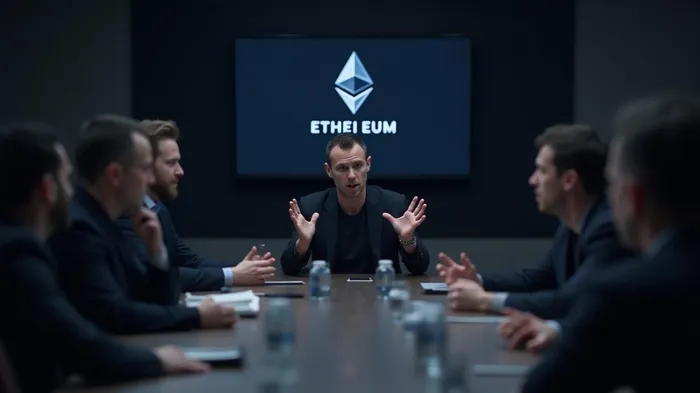Ethereum Developers Reject EOF Upgrade for Fusaka Fork
Ethereum core developers have made a significant decision regarding the future of the Ethereum Virtual Machine (EVM). The EVM Object Format (EOF), an upgrade aimed at addressing longstanding technical debt, will not be included in the upcoming Fusaka fork. This decision came after a contentious debate during the Interop Testing call, which saw over 100 participants, highlighting the high stakes involved.
The EOF upgrade was designed to provide developers with a clear, verifiable layout for new contracts, remove unpredictable code execution paths, and reduce the risk of bugs and security vulnerabilities. Proponents argued that EOF would make it easier to migrate contracts to new architectures like RISC-V in the future. However, opposition grew louder, particularly among application developers and members of the Vyper compiler team, who argued that EOF would break backward compatibility and potentially slow scalability.
Charles Cooper, a core contributor to Vyper, stated that EOF should not be called an "upgrade" if it breaks backward compatibility. Michael Egorov, whose Curve protocol uses Vyper, also questioned the premises behind EOF, suggesting that the added complexity could waste valuable resources. Tensions also surfaced over the compatibility of major Solidity libraries, with research confirming that many libraries would require adjustments to compile under EOF.
Danno Ferrin, one of EOF’s primary advocates, presented a compromise that would have delayed Fusaka’s Devnet 2 plan by just a couple of weeks. However, this compromise was ultimately not enough to secure consensus for inclusion. Others on the call noted that many contracts would likely require fresh audits to ensure full security when revised under the new format, adding to the costs and time involved.
Community voices offered sharply different takes on the issue. Elias Tazartes pushed back on fears that layer-2 solutions would struggle with EOF adoption, arguing that EOF could even enhance rollup efficiency. The Solidity team defended EOF against common criticisms, emphasizing that legacy contracts will continue working and that users can adopt EOF gradually. They also argued that EOF is not taking time away from scaling and that dropping EOF now would squander past investments.
Despite these arguments, the lack of consensus ultimately meant that EOF could not be bundled into Fusaka. Ethereum core development operates by rough consensus, and when it comes to EOF, consensus is lacking. Developers debated whether Ethereum’s governance model had failed to catch key issues early enough, with some arguing that the recent objections of app developers should be taken with a grain of salt.
Project coordinator TimTIMB-- Beiko acknowledged these governance challenges during the call, calling for EOF to be reconsidered. He suggested that if EOF is to be revived, it would need to go through a fresh planning process for the subsequent hard fork, code named Glamsterdam. Beiko also noted that the cost of shipping the wrong thing is much higher than the cost of delaying, and that a fresh planning process would be necessary to involve smart contract developers and the tooling community more broadly.
Ultimately, while core dev teams like Geth, Nethermind, Erigon, and Besu expressed varying degrees of support for including a scaled-back EOF, the lack of overwhelming consensus on a precise way forward was insurmountable. Beiko suggested that if EOF is to be revived, it would need to go through a fresh planning process for the subsequent hard fork, code named Glamsterdam. He also noted that the rest of the community should expect that EOF developers may not be so enthusiastic to keep working on this if it gets removed and as it has been in the past.
So Fusaka will move ahead without EOF, with a narrowed focus on PeerDAS and critical scalability improvements. Ethereum’s future EVM upgrades remain undecided, but the process questions raised today are likely to shape development for years to come. 
Quickly understand the history and background of various well-known coins
Latest Articles
Stay ahead of the market.
Get curated U.S. market news, insights and key dates delivered to your inbox.



Comments
No comments yet